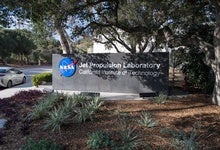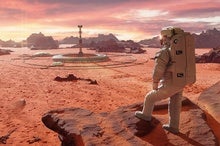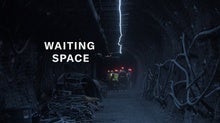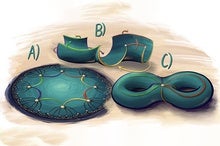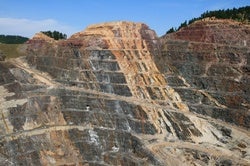 |
| December 07, 2023 |
This week, we're preparing to run a marathon—an arduous uphill slog toward a distant-but-visible finish line. Our lead story is about the critical first steps in what will be a decades-long journey to build, launch and operate a wildly ambitious space telescope, NASA's Habitable Worlds Observatory (HWO), which is meant to answer one of humanity's most timeless questions: Are we alone? Although not intended to liftoff until at best the late 2030s, HWO's epochal outlines are already coming into focus, via meetings of freshly formed scientific teams to hammer out the telescope's key design features and capabilities. Read our story to learn more about how this future facility could seek out alien life on planets around dozens of nearby stars. Elsewhere this week, we have stories about light traveling backward through time, troubling workforce woes at NASA's top science lab, quantum jazz, a dark matter gold rush, and more. Enjoy! |
| |
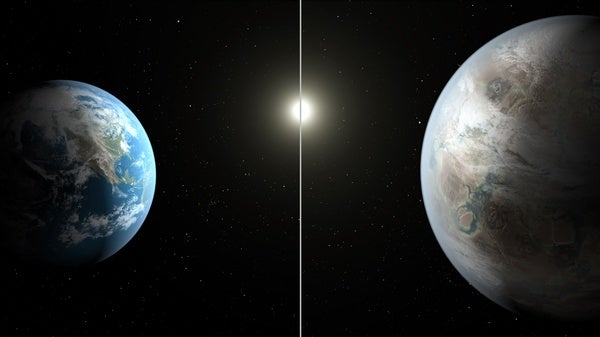 |
| |
| |
| Engineering Light Can Travel Backward in Time (Sort Of) Light can be reflected not only in space but also in time—and researchers exploring such "time reflections" are finding a wealth of delightfully odd and useful effects | | | | |
| |
| |
| |
| |
| |
| |
| |
| |
| |
| |
FROM THE ARCHIVE
 | | | |
LATEST ISSUES
 |
| |
| Questions? Comments?  | |
| Download the Scientific American App |
| |
| |




